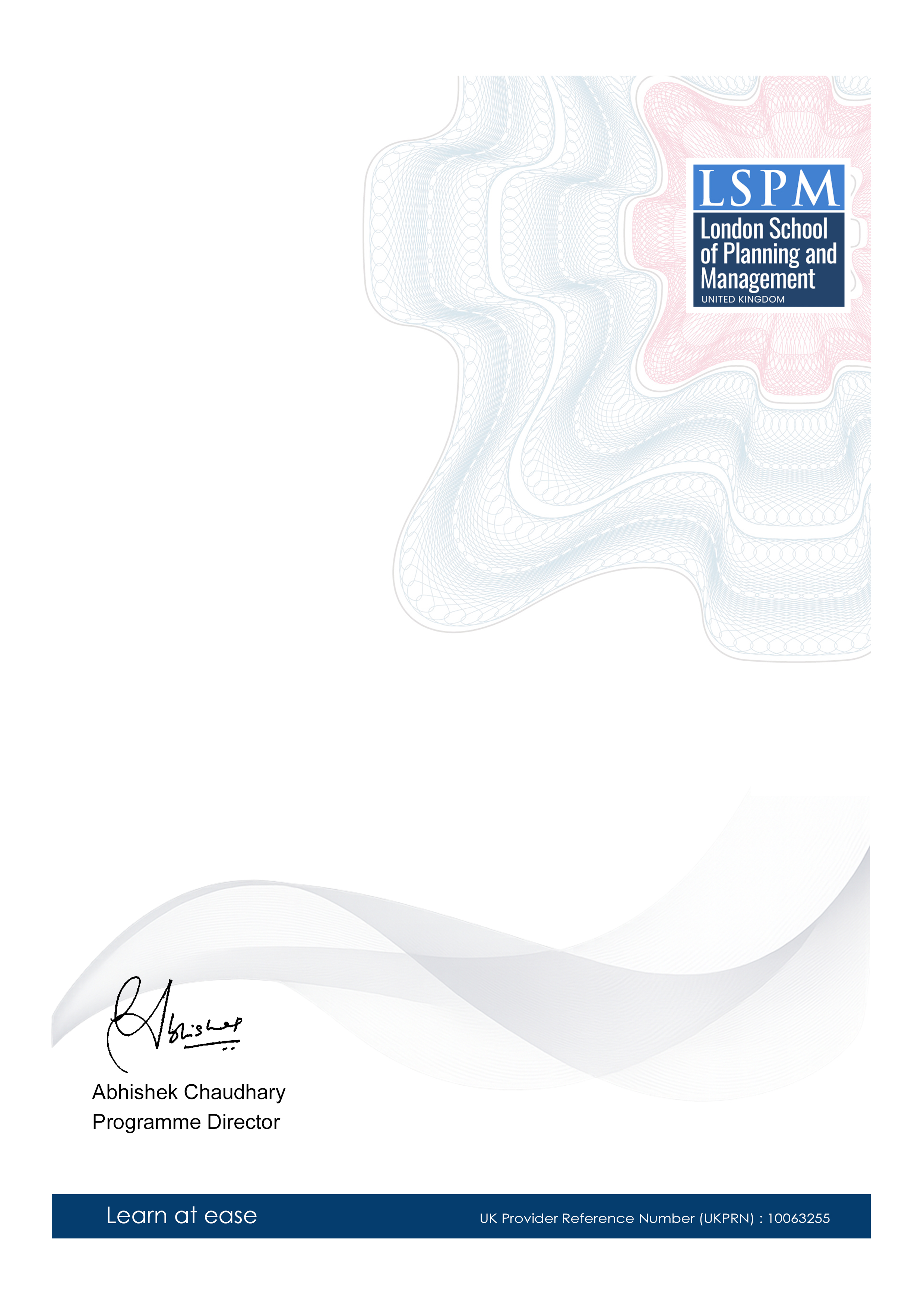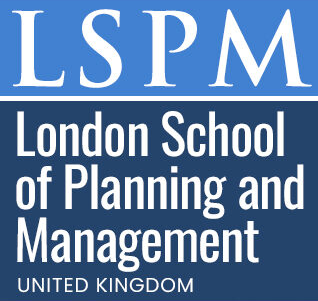Career Advancement Programme in Waste Reduction in Humanitarian Aid
-- viewing nowThe Career Advancement Programme in Waste Reduction in Humanitarian Aid is designed for professionals seeking to enhance their skills and knowledge in waste management within the humanitarian sector. The programme aims to equip learners with the necessary tools to reduce waste and promote sustainability in humanitarian aid operations.
4,619+
Students enrolled
GBP £ 149
GBP £ 215
Save 44% with our special offer
About this course
100% online
Learn from anywhere
Shareable certificate
Add to your LinkedIn profile
2 months to complete
at 2-3 hours a week
Start anytime
No waiting period
Course details
• Waste Management Principles: This unit will provide an overview of waste management principles, including the waste hierarchy, life cycle thinking, and sustainable waste management practices.
• Waste Reduction Techniques: Participants will learn about various techniques to reduce waste generation, such as source reduction, reuse, and recycling.
• Waste Characterization and Sorting: This unit will cover the importance of waste characterization and sorting, including the different types of waste and how to segregate them for efficient management.
• Waste Data Collection and Analysis: Participants will learn about the collection and analysis of waste data, including the use of metrics to measure progress and identify areas for improvement.
• Waste Reduction in Humanitarian Aid Operations: This unit will focus on waste reduction strategies specific to humanitarian aid operations, such as disaster response and refugee camps.
• Circular Economy Concepts: Participants will learn about circular economy concepts, including the principles of designing out waste, keeping products and materials in use, and regenerating natural systems.
• Waste-to-Energy Technologies: This unit will cover the basics of waste-to-energy technologies, including anaerobic digestion, incineration, and gasification.
• Waste Policy and Legislation: Participants will learn about waste policy and legislation at the local, national, and international levels, including the role of international agreements and treaties.
• Stakeholder Engagement and Communication: This unit will cover the importance of engaging with stakeholders, including communities, NGOs, and the private sector, to promote waste reduction and sustainable practices.
Career path
Career Advancement Programme in Waste Reduction in Humanitarian Aid
Job Market Trends
The job market for waste reduction in humanitarian aid is expected to grow by 10% in the next decade due to increasing awareness of environmental sustainability and the need for efficient resource management in disaster relief efforts. This growth will create new opportunities for professionals with specialized skills in waste management, recycling, and upcycling techniques.
Salary Ranges
Salaries for waste reduction professionals in humanitarian aid vary depending on experience, location, and the size and scope of the organization. However, on average, entry-level positions start at £25,000 per year, while more experienced professionals can earn up to £50,000 per year. Senior management positions can command salaries of £70,000 or more.
Skill Demand
Skills in demand for waste reduction professionals in humanitarian aid include:
- Knowledge of waste management and recycling techniques
- Experience in developing and implementing sustainable waste management strategies
- Familiarity with local and international regulations on waste disposal and recycling
- Ability to work collaboratively with diverse stakeholders, including local communities, NGOs, and government agencies
- Strong project management and communication skills
Career Roles
Some career roles in waste reduction in humanitarian aid include:
- Waste Management Specialist
- Recycling Coordinator
- Upcycling Expert
- Sustainability Officer
- Project Manager for Waste Reduction Initiatives
Skills Demand Pie Chart
Entry requirements
- Basic understanding of the subject matter
- Proficiency in English language
- Computer and internet access
- Basic computer skills
- Dedication to complete the course
No prior formal qualifications required. Course designed for accessibility.
Course status
This course provides practical knowledge and skills for professional development. It is:
- Not accredited by a recognized body
- Not regulated by an authorized institution
- Complementary to formal qualifications
You'll receive a certificate of completion upon successfully finishing the course.
Why people choose us for their career
Loading reviews...
Frequently Asked Questions
Course fee
- 3-4 hours per week
- Early certificate delivery
- Open enrollment - start anytime
- 2-3 hours per week
- Regular certificate delivery
- Open enrollment - start anytime
- Full course access
- Digital certificate
- Course materials
Get course information
Earn a career certificate

